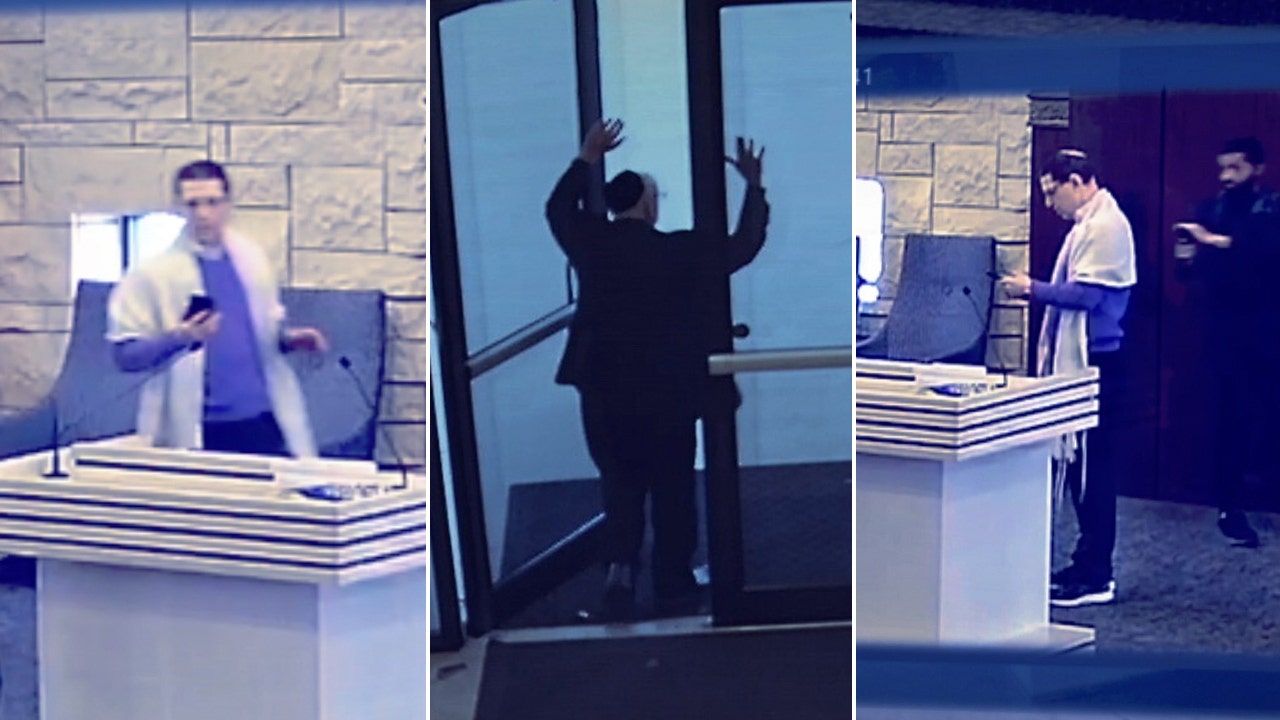HARRISBURG — Pennsylvania could move its primary election date as early as March 19, a change that would make the state a more decisive player in choosing presidential nominees.
Lawmakers still need to reach a final agreement on how early they’ll move the 2024 primary election in the critical battleground state. Officials have discussed moving the election to a date as early as March 19 or as late as April 16.
Gov. Josh Shapiro and legislative leaders have all said they support moving the primary election to earlier in the year because the current date conflicts with Passover. The primary is scheduled for April 23, 2024, the first day of the major Jewish holiday. Traditional Jewish law prohibits many regular activities, such as driving, writing, working, and the use of electricity on the holiday, which is observed for eight days in the United States.
Pennsylvania will be so crucial in the general election that campaigns and political operatives will be closely watching how candidates perform. The state has mattered to a presidential primary outcome only once in recent years; national media flooded the state in the weeks leading up to the April 22, 2008 primary, as Hillary Clinton trailed Barack Obama. But even though Clinton defeated Obama in Pennsylvania, Obama had a fairly firm grasp on the Democratic nomination by that time.
A Pennsylvania Senate committee will consider a bill Wednesday to move the primary election to March 19. Other battleground states, including Arizona and Florida, will choose their presidential nominees that day. The proposed bill would permanently change the date of the state’s presidential primary, but wouldn’t change primary election dates in non-presidential years.
Other dates are also a possibility.
Rep. Malcolm Kenyatta (D., Philadelphia) introduced a proposal with Rep. Jared Solomon (D., Philadelphia) to move the primary to April 2. This is the earliest that the state could move the election while still allowing candidates to begin collecting petitions to get on the ballot after the Christmas holiday.
Kenyatta and Solomon initially proposed moving the date to March 19, but heard concerns that the petition period would then overlap with Christmas. They landed on April 2, which Kenyatta said puts the state in position to vote in a “mini Super Tuesday” with Wisconsin, Delaware, New York, and Rhode Island.
“Pennsylvania is a critical battleground state,” Kenyatta said. “We deserve to be heard earlier, and we need to be respectful of the Jewish holiday.”
Once an election date is finalized, each county will need to ensure that the state’s more than 9,000 polling locations can be reserved for the new date. Philadelphia alone has more than 700 polling places.
In a letter to Senate President Pro Tempore Kim Ward last month, Secretary of State Al Schmidt encouraged lawmakers to address the issue quickly.
“While I certainly support making this change, as a longtime election administrator, I strongly urge that any legislation moving the date of the primary be passed by the General Assembly as soon as possible,” said Schmidt, a former longtime Republican Philadelphia city commissioner.
“I am deeply concerned we will not give county election officials the time they need to adjust thousands of polling locations to accommodate a new, earlier primary date,” he wrote.
The Senate returns Wednesday to finish work related to the budget, and will be able to take up the issue swiftly once they are back Sept. 18 from summer recess, a spokesperson for Senate Republicans said in a statement.
No matter the final agreement, Pennsylvania voters could have a greater say in deciding who will receive the presidential nomination from each party if lawmakers agree to move the election.
“That gives us an opportunity to be more central on where presidential campaigns decide to deploy resources and give Pennsylvanians the chance to decide and engage in the process,” Kenyatta said.
If the state fails to move the primary date, Jewish voters would still be able to cast their vote by mail ahead of the holiday.
Staff writer Julia Terruso contributed to this report.

/cloudfront-us-east-1.images.arcpublishing.com/pmn/UPGBHDZRMVB47MKTYX5JBIRE2Y.JPG)


















/cdn.vox-cdn.com/uploads/chorus_asset/file/25822586/STK169_ZUCKERBERG_MAGA_STKS491_CVIRGINIA_A.jpg)

/cdn.vox-cdn.com/uploads/chorus_asset/file/25821992/videoframe_720397.png)



